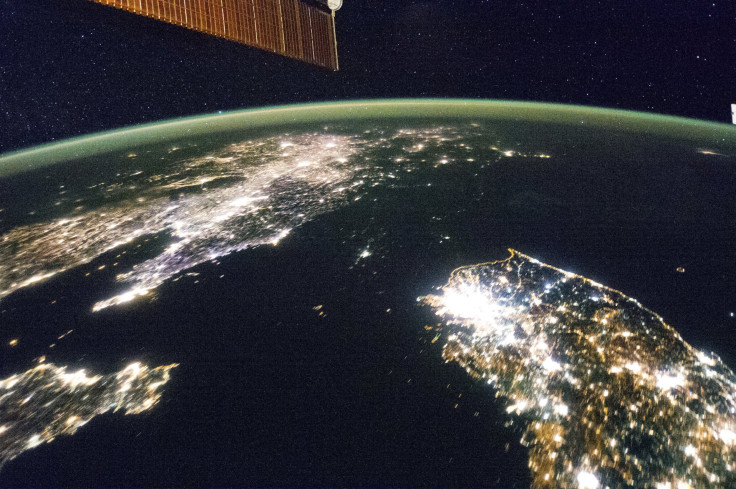When Did Life Begin On Earth? 300M Years Earlier Than Previously Thought, Study Finds

Life on Earth began nearly the instant the planet was formed, research from scientists at the University of California, Los Angeles, indicates. Living organisms may have existed on Earth as long as 4.1 billion years ago, some 300 million years earlier than previously thought, according to the findings published at the journal Proceedings of the National Academy of Sciences.
If the research is confirmed, it would show that life appeared on Earth a stunningly short time after the planet's formation from a primordial disk of dust and gas surrounding the sun some 4.6 billion years ago, the Guardian reported Monday. "Life on Earth may have started almost instantaneously," said Mark Harrison, co-author of the research and a professor of geochemistry at UCLA, according to a press release in Science Daily. "With the right ingredients, life seems to form very quickly."
The researchers said they found evidence of life by looking at specks of graphite trapped inside zircon crystals found in the Jack Hills of Western Australia. Atoms in the graphite were enriched with the C12 carbon isotope, which normally is associated with living things. Despite billions of years passing, the researchers said the graphite was entirely sealed in the zircon crystals, meaning it had not been contaminated.
Life On Earth Likely Started 4.1 Billion Years Ago https://t.co/7CsK2o8Huz pic.twitter.com/3s1SvTjyJJ
— ScienceDaily (@ScienceDaily) October 19, 2015Other sources could be responsible for the production of that type of carbon, most notably a meteor impact. But the amount of carbon needed to account for the researchers' findings makes a meteor impact unlikely if still plausible.
The new research also suggests life existed on Earth prior to a massive bombardment that formed the moon's craters 3.9 billion years ago. It long had been believed Earth was desolate during that time but the research suggests otherwise.
"If all life on Earth died during this bombardment, which some scientists have argued, then life must have restarted quickly," said Patrick Boehnke, a co-author of the research and a graduate student in Harrison's laboratory.
The research, if confirmed, suggests life could be abundant in the universe, the researchers said. But while the simple life may have appeared quickly, it likely took many millions of years for it to evolve to be able to photosynthesize, the press release stated.
© Copyright IBTimes 2025. All rights reserved.






















